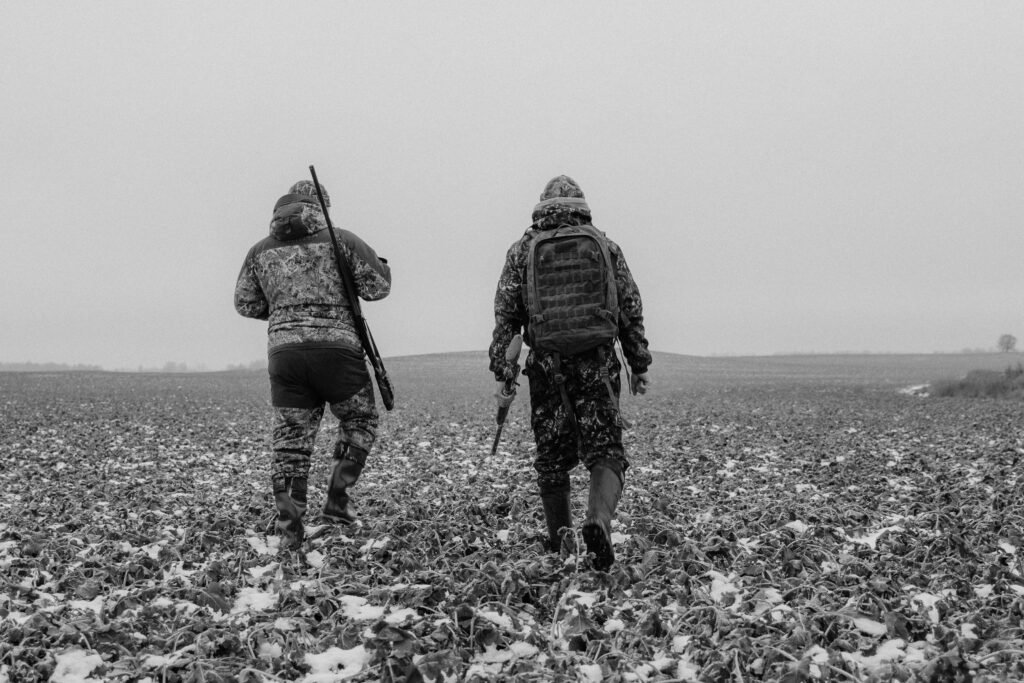“You don’t owe the world your silence just because it’s more convenient than your truth.”

Sometimes, our reactions are worse than the offenses that caused them. But do they justify the scream?
Picture this: a quiet neighborhood at night. A child crossing the street. A drunk driver swerves onto the sidewalk. Tragedy.
The wreckage is cleaned. The sirens fade. The child is gone. The driver is arrested. The neighborhood returns to its haunted silence — except for one household, now drenched in grief that will never wash off.
Would we allow the grieving parents to go door to door, taking lives as repayment for their own loss?
No. Of course not. That would be madness.
And yet — in this world, some people’s pain is allowed to grow into madness. Even into violence. Even into laws and legacies. Others? They are told to bear it in silence. To be graceful. To heal quietly. To let it go. Their anger is dangerous. Their sorrow? Inconvenient.
I used to believe the stories. The media made it easy.
One side always had a reason. The other side always had a rap sheet.
But who decides which is which?
Not us. Not the people. Not truth.
A small, powerful few write the script — and most of us read our lines without question.
They decide whose pain makes headlines and whose never makes it past the obituary.
They decide who gets context and compassion — and who gets criminalized.
And the most brutal part? They convince us it’s justice.
But we are all made of the same breath, the same bones, the same blood.
No one’s pain is more poetic than another’s.
No one bleeds more beautifully.
It’s time to stop being extras in someone else’s story and start telling our own.
Salima
Just me thinking out loud over here
